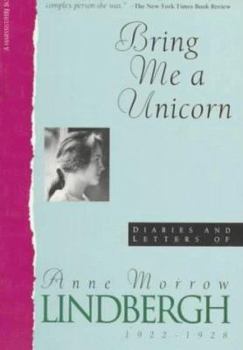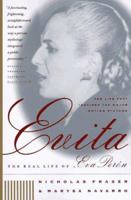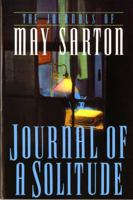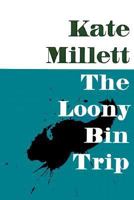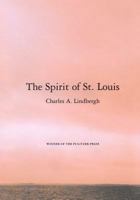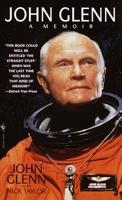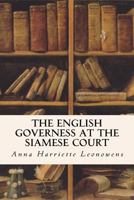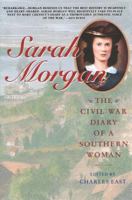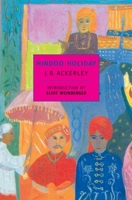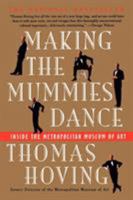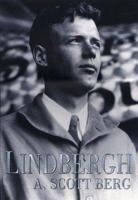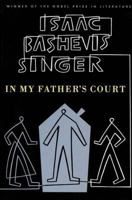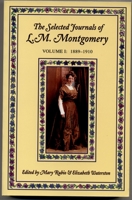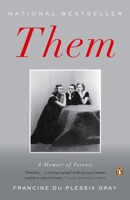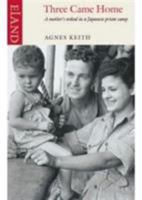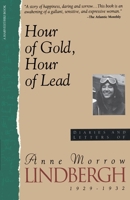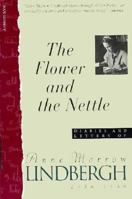Bring Me a Unicorn: Diaries and Letters of Anne Morrow Lindbergh, 1922-1928
(Part of the Diaries and Letters of Anne Morrow Lindbergh Series)
Select Format
Select Condition 
You Might Also Enjoy
Book Overview
The first volume of Lindbergh's diaries and letters, in which she meets her future husband. Introduction by the Author; Index; photographs. This description may be from another edition of this product.
Format:Paperback
Language:English
ISBN:0156141647
ISBN13:9780156141642
Release Date:January 1993
Publisher:Mariner Books
Length:288 Pages
Weight:0.77 lbs.
Dimensions:0.8" x 5.3" x 8.0"
Customer Reviews
7 customer ratings | 5 reviews
Rated 5 starsThe greatest love story of our time finds it's beginning...
By Thriftbooks.com User,
Anne Morrow Lindbergh looked to the sky long before she met Charles Augustus Lindbergh. Cloudscapes as pastel vistas; marvelling at the wings of a gull in flight; nights lying in bed, looking straight up through a tree to the celestial panorama overhead. A young girl's vision of her future? In "Bring Me A Unicorn, the Diaries and Letters of Anne Morrow Lindbergh, 1922 - 1928", we get to meet the joyful, sweet adolescent,...
3Report
Rated 5 starsrain and swan necked lilies
By Thriftbooks.com User,
I first read this book when I was sixteen and it touched me in ways I could not explain. When I suffered through a tragedy last year Anne Lindbergh's writings helped me survive I can never thank her. But I can encourage you to read this book and experience life through her young but wise eyes
3Report










